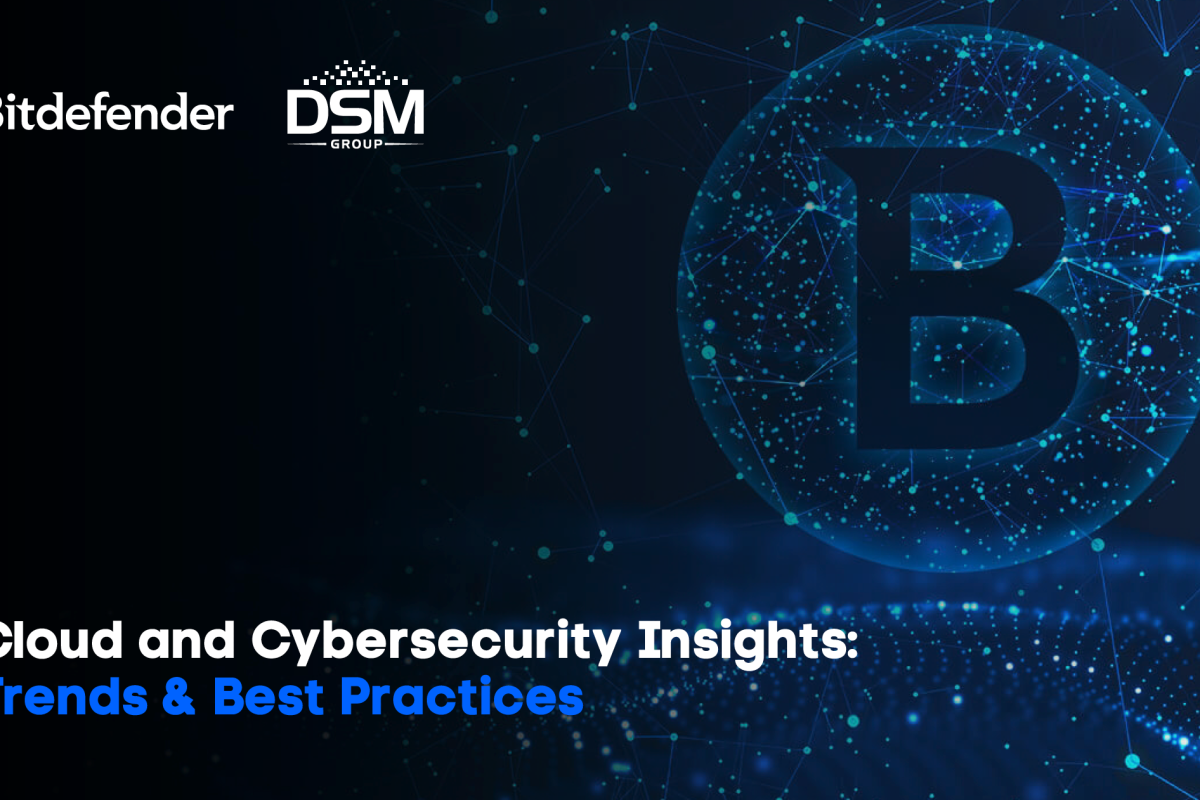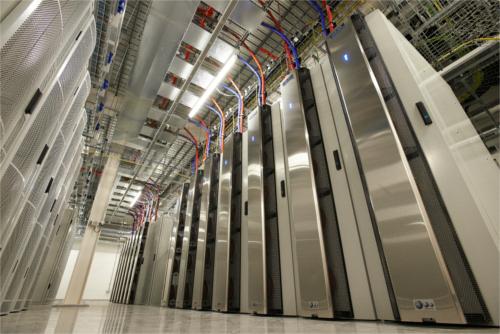“By giving IT staff more time to focus on progression and increasing productivity, a managed IT supplier offers businesses the support and room they need to grow.”
While new technologies present powerful opportunities for enterprises, they also introduce challenges. The pace of change in IT is unprecedented. IT departments can no longer survive on one or two computer models, a single operating system, and a short list of approved applications. The mobile devices and cloud-based technologies that have brought so much possibility have also introduced a multitude of devices, platforms and apps for IT departments to manage and secure.
For many organisations those challenges add up to significant expense: the cost of hiring and training qualified workers, purchasing the infrastructure to support emerging technologies, and keeping systems up to date. Rather than struggle to keep pace with technology, many organisations turn to managed IT providers for help. By trusting a third party such as DSM to handle cloud deployments, data center solutions, mobile initiatives, collaboration tools and security, organisations can focus their time and resources on their core business objectives.
IT service providers take a pragmatic approach to IT solutions resulting in a higher standard than many organisations are able to achieve in-house. Top service providers also offer ongoing management and maintenance of the underlying infrastructure, along with end-user support and service guarantees.
The benefits of managed IT services are clear: In 2014, only 30 percent of organisations used managed services, but within a year, that figure had nearly doubled. Managed services can cut IT costs by as much as 40 percent while doubling operational efficiency.
Turning to a trusted IT partner offers several advantages, including:
1. Freeing up IT staff
Most internal IT departments are at capacity. Outsourcing back-end functions or complex, rapidly changing technologies to a managed service provider, organisations can dedicate their in-house technology experts to projects that will further their core objectives and promote innovation.
2. Keeping pace with the demands for IT expertise
Organisations around the UK are struggling to fill IT positions, particularly in cybersecurity and cloud solutions. Outsourcing these functions to a partner with technically skilled and specialized engineers in new and emerging technologies alleviates these pressures.
3. Greater scalability
IT organisations spend weeks, even months, deploying massive systems. Many organisations are finding it more effective to start small, move fast and expand as needed. DSM’s modular approach to managed services makes it easy for enterprises to scale up or down depending on demand, such as a retailer increasing capacity around peak periods or a startup experiencing sudden growth.
4. 24/7 availability
The 9-to-5 workday is as outdated today as the phone booth. When users work around the clock, so must the network. With a managed IT provider, help is always available — days, nights, weekends or holidays — to support users.
5. Shifting the burden of compliance
In addition to regular audits, many organisations are obligated to meet standards and requirements with their IT initiatives. Reporting and security are imperative in the healthcare, education, financial services and retail industries. DSM understands the regulations that organisations are bound by and can provide the systems, processes and reports to guarantee that organisations meet their requirements — without placing that burden on in-house staff.
6. Predictable monthly costs
Every IT investment comes with peripheral costs. Organisations need adequate networks, storage, and security. They must train staff, deploy systems and manage equipment. Unexpected costs arise at any time. By outsourcing initiatives to a managed IT provider, organisations can break down their costs into fixed monthly payments. Instead of the large capital expenditures that come with managing systems in-house.
To discuss your requirement or book a free IT review please contact us @ support@dsmgroup.co.uk or call 03333 22 11 00





